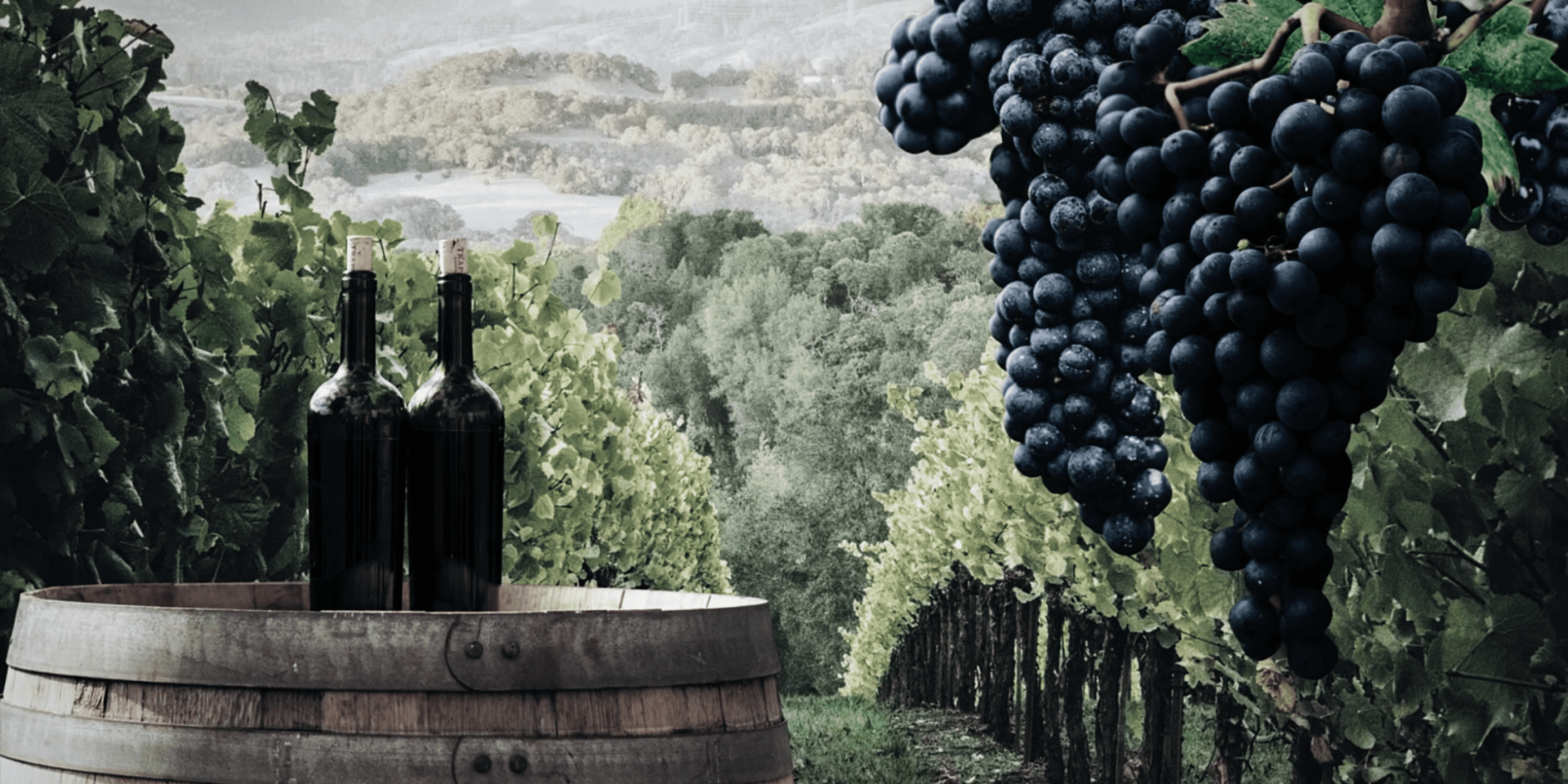The importance of vineyards and their produce to ancient Israel, is obvious both in history and in the pages of the Bible. Wine was widely used in the religious offerings of the Law (Ex. 29; Num. 15; 28), vineyards were a common analogy used by the prophets of God (Jer. 2; 6; Ezek. 15; 17; Hos. 10), and a grapevine and cluster were brought back to the Israelites as evidence of the fruitfulness of the land before the conquest (Num. 13:23; Deut. 8:8). Historically, there are many place names that incorporated vineyard and winepress language into their titles.
Overall, grape production was a large part of the agriculture and society of ancient Israel. Generally, grape vines were cultivated on their own apart from other fruits and vegetables. There were however private orchards and royal gardens that grew grape vines with other fruit trees. These pleasure gardens were generally located close to a home or within the walls of a royal city for immediate access to fresh fruit and a beautiful space to relax in (Eccl. 2:5; Neh. 2:8). Interestingly, these gardens may have had the ideal of the Garden of Eden in mind. Recreating a place of cultivation, provision, and relaxed communion with God, as references to cultivated land in the Bible may point to (Ezek. 36:35; Joel 2:3).
Besides smaller orchards and royal leisure, the bulk of grapes and their products were cultivated alone in vineyards. Depending on terrain, vineyards could be right next to cities or quite far away from settlements. They could be irrigated, or depend solely on rainfall, they could be walled or unprotected.
“For the Lord your God is bringing you into a good land… a land of wheat and barley, of vines and fig trees and pomegranates, a land of olive trees and honey…”
Deuteronomy 8:7-9
The prophet Isaiah famously described the founding of a vineyard (Isa. 5), and while one of the phrases is debated, his process includes preparing the ground (likely by uprooting plants, bushes, and trees, and clearing stones), planting the chosen vines, building a wall or fence (probably with the stones you had just removed from the vineyard proper), watchtowers were added for extra security, and a winepress was cut out of bedrock to process grapes into wine.
Due to growing conditions, separately owned vineyards with their own walls could exist close together, which could create narrow pathways for travellers, just like what is described in the Balaam incident (Numbers 22:24), and possibly even the lion attack against Samson (Judges 14:5).
Inside the vineyards grape vines could be allowed to grow on the ground, or to make for easier harvesting and upkeep, the vines would be trained up poles and trellises. When harvest time came it was cause for great celebration, especially the first useable harvest which would not have occurred until the fifth year of production for Law abiding Israelites. The crop of the first three years was to be left, and the fourth year’s harvest was given to God and his Levites (Leviticus 19:23-25).
Harvest time meant fresh grapes, wine, raisins, vinegar, and a type of grape syrup. It meant singing songs of joy, giving offerings of thanks, and pruning the empty vines for next year’s growing season (Isa. 16:9-10). Vineyards, grapes, and wine were seen as integral to the blessings of God on Israel. If Israel were to reject the covenant that they had made with God, the loss of their vineyards and their inability to harvest them would be one of the consequences (Deut. 28:30). On the flip side, vineyards were a vital blessing of God to be joyfully celebrated by his covenant people (Jer. 35; Is. 37; Ezek. 28; Ps. 107). This is reflected clearly in the rules for warfare mapped out in the Mosaic Law. If a man had planted a vineyard and had not yet harvested from it, remember that it could not be harvested until the fifth year, then he was exempt from going to war (Deut. 20:6). The fruit of the vineyard was a blessing from God to be enjoyed.

Corie Bobechko is a daily co-host, speaker, and writer of Bible Discovery. She also hosts a YouTube channel that shows how history and archaeology prove the Bible. Her heart for seekers and skeptics has led her to seek truth and share it with others. Corie also has a Bachelor of Theology from Canada Christian College.






